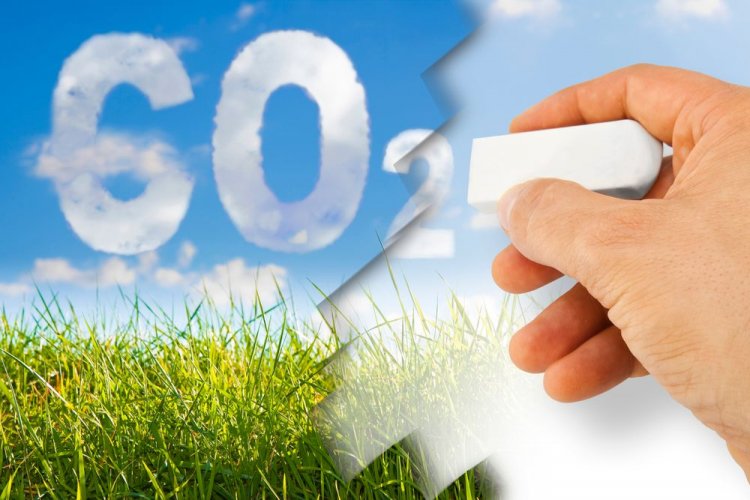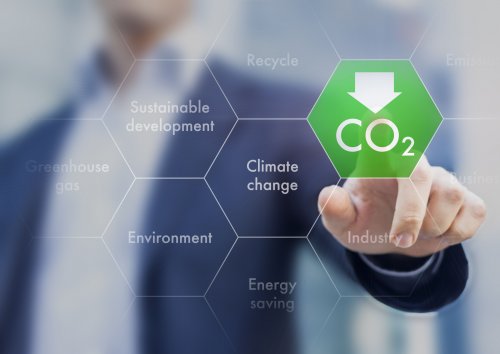In Ghent, Belgium, steelmaker ArcelorMittal has launched ethanol production from captured greenhouse gases generated during steel production at its Steelanol plant.
This is the company's first commercial ethanol production and its first European carbon capture and utilization (CCU) project, ArcelorMittal said in a release.
It is noted that the plant was built in December 2022, after which cold commissioning was carried out. After that, a biocatalyst was introduced into the plant, the so-called inoculation process, to start the growth of microorganisms and check the production of new molecules. In June 2023, the first samples containing ethanol were produced in the inoculator.
The report explained that the plant uses LanzaTech technology. Its principle is similar to that of a brewery. Thus, instead of yeast, bacteria consume gases from the blast furnace, not sugar, and produce ethanol.
The company said that on November 7, they launched the first industrial production of ethanol in one of the four bioreactors. Further increase in production is expected in the coming months.
"The plant can produce 80 million liters of ethanol. It has the potential to reduce annual carbon emissions at the Ghent plant by 125,000 tons," the report emphasized.
It is noted that the project received funding from various sources, in particular from the EU Horizon 2020 program and the European Investment Bank, for further research and development, as well as project expansion.
Earlier, EcoPoliric wrote, that the American steel company Nucor announced the strengthening of targets for reducing greenhouse gas emissions for Scope 1 and 2 by 35% by 2030 and achieving carbon neutrality by 2050.
As EcoPolitic previously reported, scientists from India have developed a new energy-efficient technology at IIT Bombay's NCoE-CCU for capturing carbon dioxide and converting it to CO, with potential for applications in the metallurgical sector.





